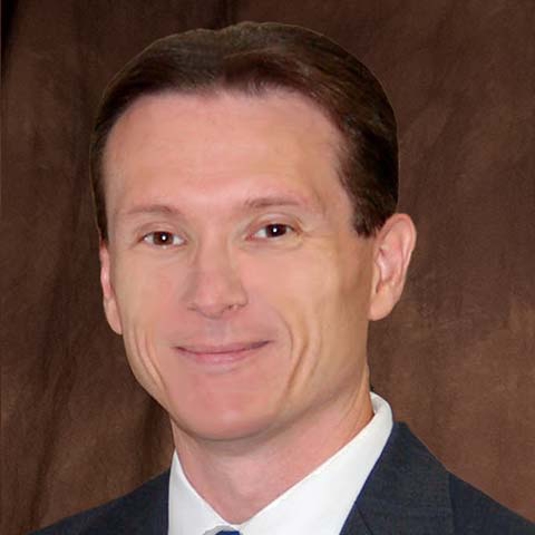Orlando Elder Law Attorney
Importance of Elder Law
According to the U.S. Census Bureau, 13.7 percent of the population of Orlando is over the age of 65 years old. The statewide elderly population is even higher, constituting 18.1 percent of Floridians. The number of people over the age of 65 years increased by 1,100 percent during the 20th century as advances in the fields of medicine and nutrition have made it possible for more people to live longer lives. In the coming years, these trends are expected to continue at an accelerating rate, as the Baby Boomer generation enters their elderly years between 2010 and 2030. As people grow older, they become increasingly dependent on others for their daily needs. The Census Bureau reports that 9 percent of people aged 65 - 69 require assistance, along with 11 percent of those aged 70 - 74; 20 percent of those aged 75 - 79; 31 percent of those aged 80 - 84; and 50 percent of people aged 85 and older.
Given trends such as these, the subject of elder law is becoming one of increasing importance to people in Orlando and throughout the United States. What happens when a person becomes incapacitated by illness, injury or dementia? Who has authority to make legal and financial decisions for an elderly person who can no longer speak for himself or herself? How can an elderly person make his or her wishes known regarding life support and end-of-life care? These are only a few of the questions that frequently come up in the field of elder law. At Jackson Law, we help our clients find answers to these and other questions, and we are ready to assist you with your case as soon as you contact our office.
Orlando Special Needs Trusts
Our Orlando estate planning lawyers offer assistance with a number of different solutions in the field of elder law. One of these is the special needs trust, which is used in cases in which our client is concerned about being able to leave an inheritance to a child or other family member who is dependent due to mental or physical impairment. If the parent leaves too much in a will or trust, the dependent could be denied benefits through Medicaid or Supplemental Security Income on the basis that he or she would now be ineligible for these means-tested programs. With a carefully planned special needs trust, it is possible to provide the beneficiary with enough to enjoy a comfortable standard of living while still preserving eligibility for benefits.
Healthcare Directives in Orlando Elder Law
Other common elder law instruments are advance healthcare directives, also referred to as a designation of healthcare surrogate and a living will. The healthcare surrogate is given the authority to make healthcare decisions for you if you are unable to make those decisions for yourself due to incapacity or inability to convey your consent. The living will is a document used to clearly state your wishes concerning what types and what extent of life-sustaining treatment you would want to receive in the event that you should become incapacitated. It can also address the issue of end-of-life care and under what circumstances you would wish to be removed from life support. With a healthcare directive in place, you can spare your loved ones the emotional distress of having to deliberate over what to do and then wondering if they have made the right decision, as well as making your voice heard when you cannot speak for yourself due to illness or injury.
Florida Medicaid
Without long-term care insurance, it will be necessary for you to use your own resources to pay for nursing home costs or apply and qualify for Florida Medicaid benefits to pay for nursing home care. As experienced Florida elder law attorneys, our firm can help you develop a properly designed Medicaid "spenddown" plan that may allow you to protect the assets of an elder family member to be managed by other family members, enabling the elder family member to qualify for Medicaid benefits and pay for the costs of a nursing home. Even if you have hundreds of thousands of dollars in assets, you could still qualify for Medicaid benefits for nursing homes or assisted living with the proper planning. Some assets are not counted, such as a home (up to $500,000), personal effects, wedding / engagement rings, medical equipment, and some types of burial funds. Additionally, there are a variety of legal strategies that are available to restructure and protect assets in order to quickly obtain Medicaid eligibility.
Veterans Aid & Attendance in Orlando
Some of our elder law clients come to us for help with applying for benefits through the War Veterans Aid and Attendance pension program. This program is provided for certain veterans, and their spouses, when they are no longer self-sufficient and require a caregiver on a daily basis. The amount of benefits available depends on whether the claimant is a veteran, the surviving spouse of a veteran, or a married couple, and can be increased in cases where the veteran has dependent children living with him or her. We assist in determining eligibility for this program, as well as preparing the petition and representing the client in clearing up any complications that may arise.
To learn more about this and other types of elder law cases we handle, contact us now.

Your Trusted, Passionate and Experienced Advisors

What Can Jackson Law Offer You?
-
One-On-One Attention & Personalized Solutions
No two cases are alike and no two individuals are the same. As such, we offer personalized legal solutions to each of our clients.
-
Martindale-Hubbell® AV Preeminent® Rating
Our attorney has received one of the most prestigious and sought after peer-review ratings in the legal profession.
-
Special-Counsel Team Of Reputable Attorneys
We've established a special-counsel team of attorneys who have more than 50 years of combined experience in various fields of law.
-
More Than 75 Years Of Combined Legal Experience
We have an in-depth understanding of the laws surrounding your case & are fully equipped to secure a favorable case outcome.

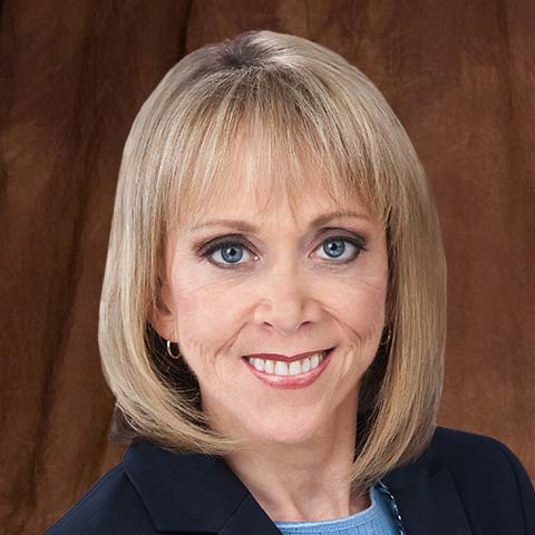
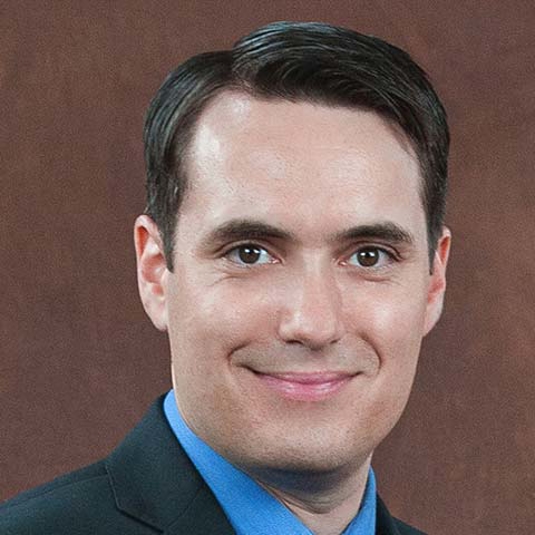
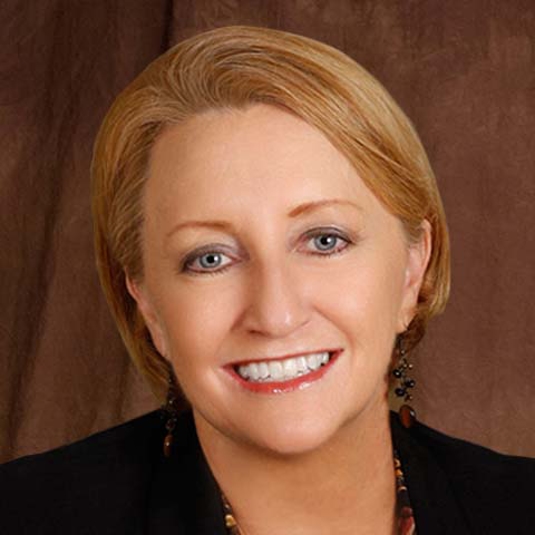
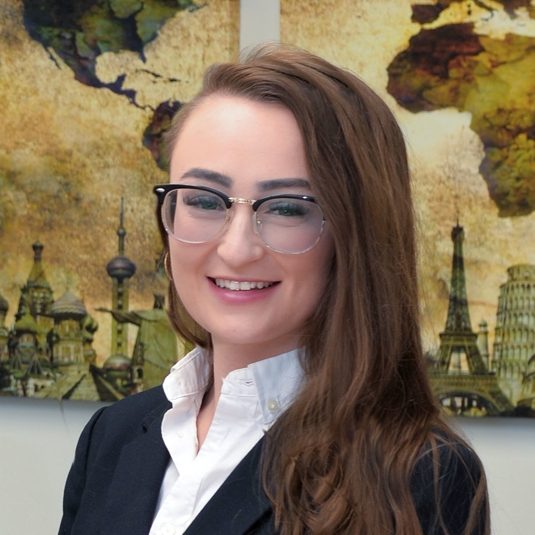
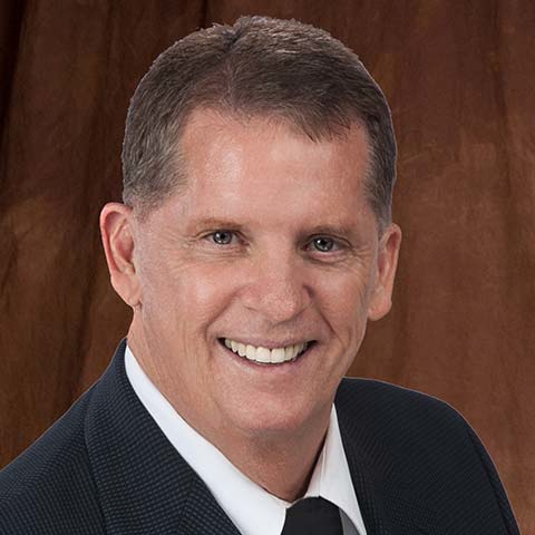
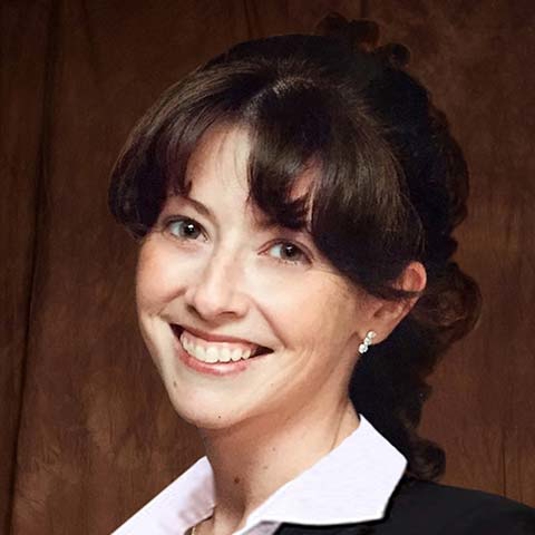
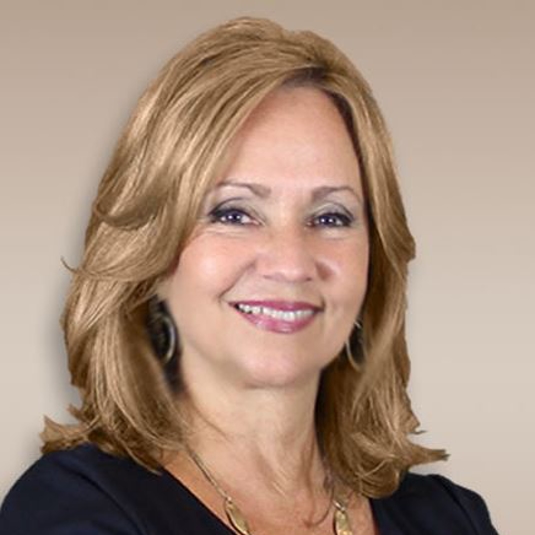
.jpg)
